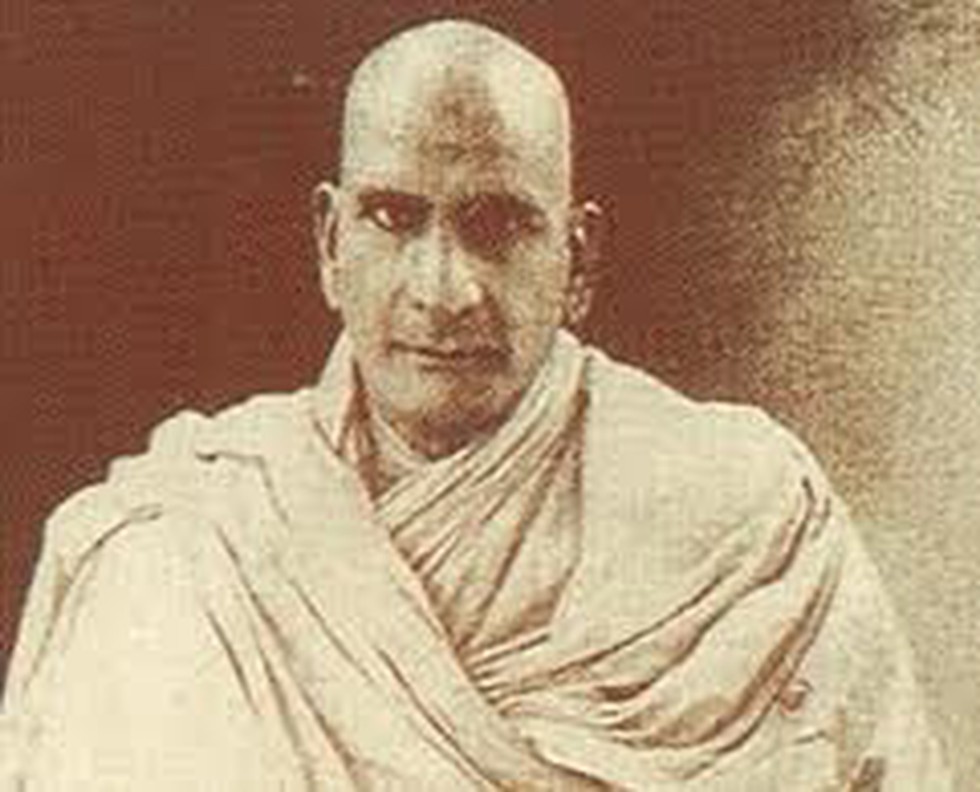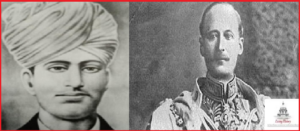If we imagine India a hundred years ago, it can be called an era of political, social, educational and cultural upheaval. The country was under foreign rule and Indian citizens were forced to live a life of slavery. Although the seeds of revolution had sprouted everywhere in the country, the British government was also crushing those seeds with its foreign boots. In such an environment, a black law, the Rowlatt Act, was enacted on the basis of the recommendation of the Sedition Committee headed by a British officer named Sir Sydney Rowlatt. This law was to suppress the emerging voice of independence in the country. According to this, the British government had got the right to commit whatever crime it wanted on any Indian by keeping him in jail without trial in the court. Under this law, the right of the criminal to know the name of the person filing the case against him was also abolished. Nationwide strikes, processions and demonstrations started taking place against this law. The name of a soldier of this movement was Swami Swami Shradanand Saraswati who had set out with the torch of freedom after taking inspiration from Swami Dayanand Ji Maharaj to find the path of freedom in the dark darkness of slavery.
Movements against the Rowlatt Act started on 30 March 1919. The first soldier and guide of this Satyagrahi army in Delhi was Swami Shraddhanand. All traffic stopped. The volunteers were caught by the police. When the crowd prayed for the release of their comrades, the police opened fire. In the evening, a huge crowd of twenty-twenty-five thousand people marched towards the clock tower in a queue under the leadership of Swamiji, shouting slogans of Bharat Mata ki Jai. Suddenly a soldier of the Gorkha army of Company Bagh opened fire and the public became angry. Ordering the people to stand there, Swamiji stood forward and asked in a calm and serious voice – Why did you fire? The soldiers moved forward with the bayonets of their guns and said – Move aside otherwise we will pierce you. Swami ji went one step further and now the tip of the bayonet was touching Swami ji’s chest. Swami ji roared like a lion and said – “My chest is open, if you have courage then fire.” On the orders of the British officer, the soldiers lowered their bayonets and the procession started again.
After this incident, an atmosphere of more excitement was created. On the afternoon of 4th April, Maulana Abdulla Chudiwale said in a loud voice that Swami Shraddhanand’s speech should be given. Some young men brought Swamiji from his house in Naya Bazaar. Swamiji was standing on the altar of the mosque. He started his speech with the mantra of Rigveda ‘Tvam hi nah pita…’. This was the first incident not only in India but in the history of Islam that a non-Muslim had given a speech from the pulpit of a mosque.
Something else was to happen. By April 13, a meeting was being held in Jallianwala Bagh near the Golden Temple in Amritsar in the Punjab province of India on April 13, 1919 (the day of Baisakhi) to protest against the Rowlatt Act. In which an English officer named General Dyer had opened fire on the crowd present in that meeting without any reason. In which innumerable people were martyred. After this incident, Swami Shraddhanand ji established himself in Delhi. At the same time the Congress session was held in Ahmedabad. Swamiji presided over it. The Punjab government wanted to arrest Swamiji. In Amritsar, the Akalis had taken a stand against the government at Guru Ka Bagh. Swami ji reached Amritsar. After reaching the Golden Temple, he gave a powerful speech on ‘Akal Takht’. The police arrested him in ‘Guru Ka Bagh’ and sentenced him to 1 year and 4 months in jail. Later he was released within 15 days. After this, it seemed as if Swamiji became such a torch of revolution that the blood of the sleeping youth of India started blazing like fire. It is believed that this incident marked the beginning of the end of British rule in India and the country got freedom from British rule. Be it the opposition to the Rolect Act or the promotion of higher education in Vedic literature, Indian philosophy, Indian culture and literature as well as modern subjects through the national language Hindi as a national alternative to the English medium western education policy made by Lord Macaulay in India. How can the biography of Swami Shraddhanand, who established Kangri University, a Gurukul of education, teaching and research, be summed up in just a few words? When no one could defeat him on the cultural and political grounds based on great principles, then on 23 December 1926, a fanatic Muslim youth Abdul Rashid shot him dead. He has become immortal and remains our source of inspiration.
Rajeev Choudhary








More Stories
That great monk who at a very young age gave something to the society which cannot be forgotten. Swami Darshananand
Revolutionary brother Balmukund, who made British Viceroy Lord Harding tremble.
Romani community: Those citizens of Europe who are considered untouchable!!